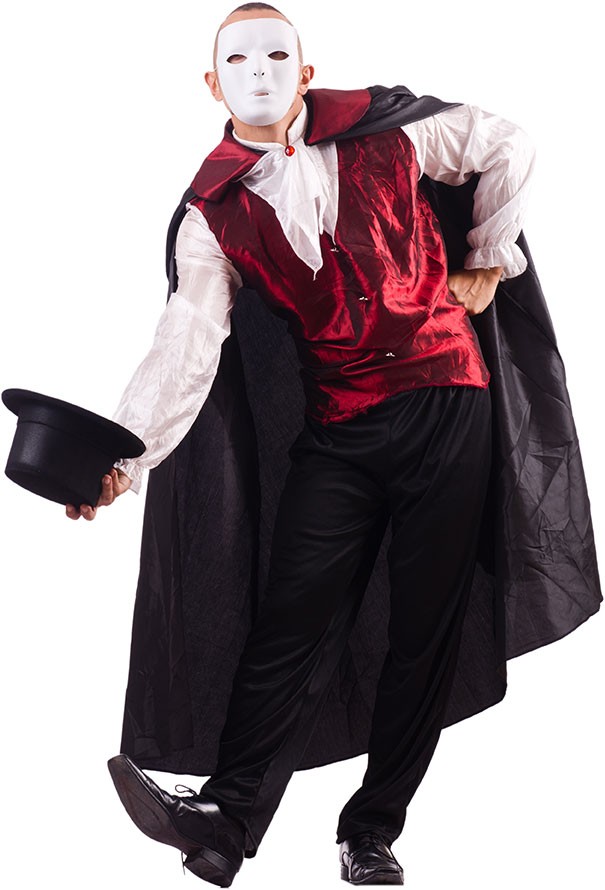About Us
THE NATIONAL EXECUTIVE COMMITTEE OF ASPAH
ASPAH is led by a national executive committee of up to 11 individuals who are passionate about the importance of
high-quality healthcare for performing artists. Their expertise and experience encompasses diverse fields. The committee includes healthcare professionals, pedagogues, researchers, and performing artists.
Executive Committee Office Bearers
Click on headshots to read bios
Louise Drysdale
President
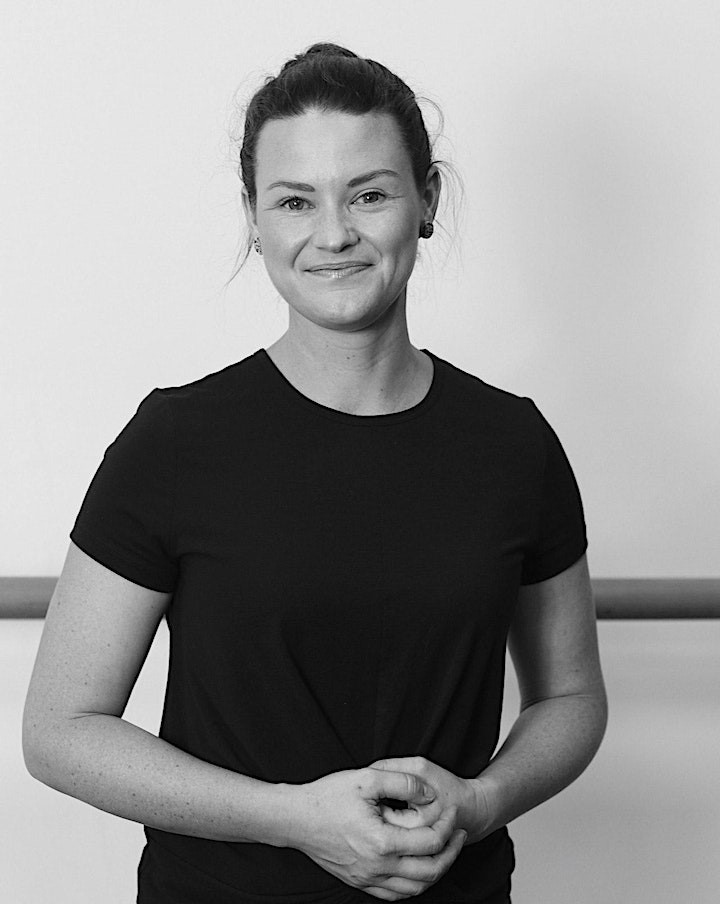
Louise Drysdale
President
Louise is a physiotherapist who has worked for over 10 years with both student and professional dancers across a variety of ages and genres. She was physiotherapist for Queensland Ballet and Queensland Ballet Academy for eight years, and has worked with touring dancers in Ballet Prelocaj, Rambert Ballet, Akram Khan, Matilda the Musical, Singin’ in The Rain, Dirty Dancing, Wicked, American Idiot Musical, The Sound of Music, Bluey’s Big Play, Bangarra and Red Bull Flying Bach. Louise has additional training in voice physiotherapy, has worked with performers in Opera Queensland and Griffith Conservatorium and presented talks to the Australian National Association of Teachers of Singing.
Louise holds a Bachelor of Physiotherapy (University of Queensland), Graduate Certificate in Musculoskeletal Physiotherapy (LaTrobe University, Melbourne) and a Master of Medical Research Candidate (Griffith University). She is completing a PhD at University of Canberra, where she is investigating bone health in classical ballet dancers. Louise enjoys collaborating with dance researchers from all over Australia and has presented her research at national and international conferences.
Louise trained at Queensland Dance School of Excellence (now Queensland Ballet Academy) and she still enjoys the occasional ballet or musical theatre class and Latin dance social.
She has proudly been involved in ASPAH since 2023.
Dr Alison Evans
Vice-President
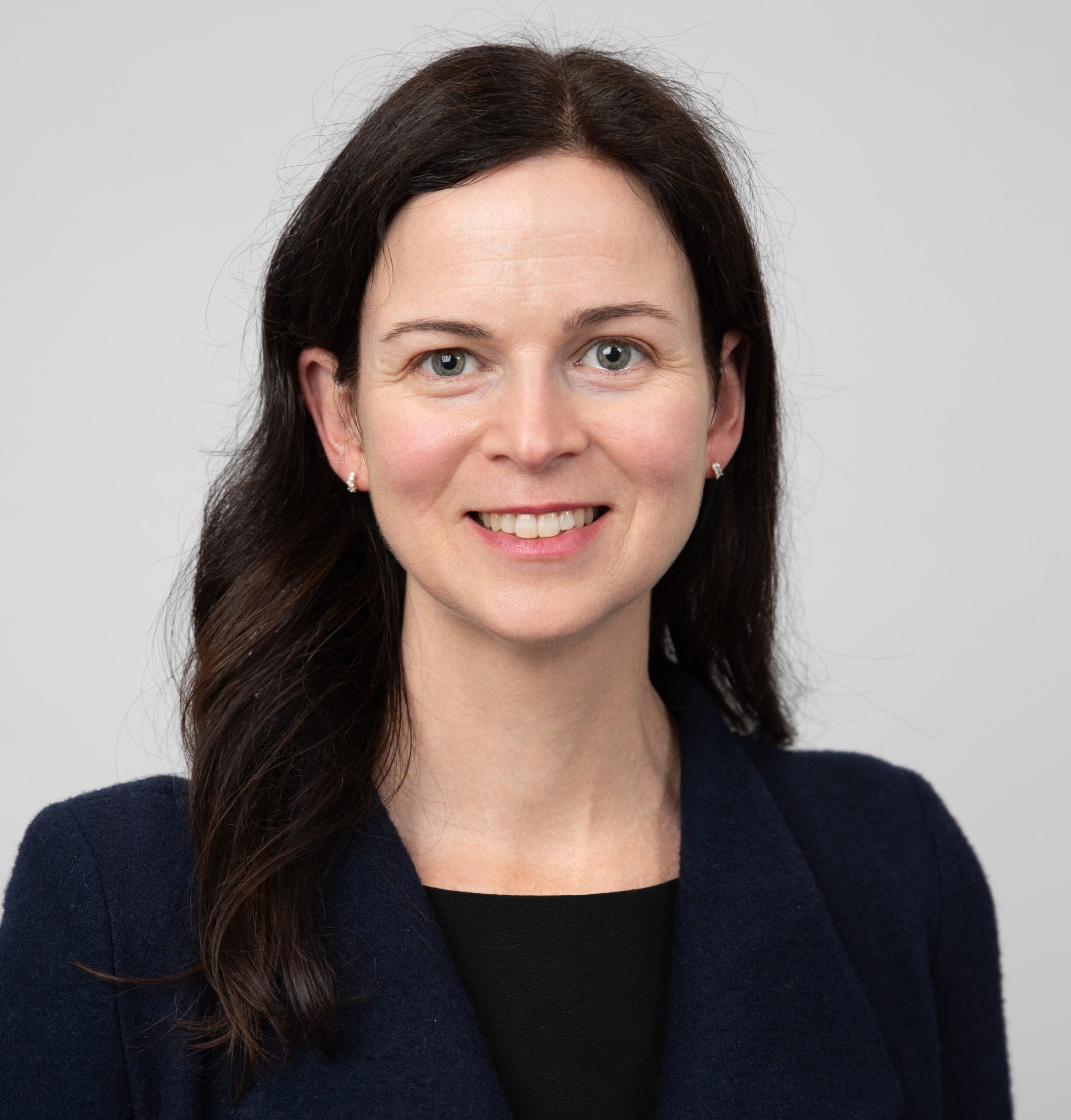
Dr Alison Evans
Vice-President
Dr Evans holds degrees in music performance (bassoon) and music education (secondary school). Her doctoral studies focused on performing-related musculoskeletal disorders (PRMDs) in musicians, in particular stress velopharyngeal insufficiency that can affect woodwind and brass instrumentalists. As a result, her research has increased awareness among the music and health-care professions to recognize potential risk factors and symptoms of this lesser-known PRMD. As a music educator, Dr Evans is passionate about applying performing arts medicine research to make changes to music teaching and learning outcomes. Her commitment to this field is driven by wanting to help other musicians minimise their risk of experiencing playing-related pain or injury. Her current research has focussed on musician’s health education in pre-tertiary and tertiary music institutions, investigating how health literacy and behavioural science theoretical frameworks can be applied to improve music students’ level of and application of health information knowledge to optimise music performance and minimise playing-related injuries. Dr Evans is also co-artistic director of the Sydney-based, Sirius Chamber Ensemble, who collaborate with Australian contemporary classical composers, regularly performing recital programs of chamber music for winds, strings and piano in Sydney and regional New South Wales.
Dr Paul Duff
Treasurer/Secretary
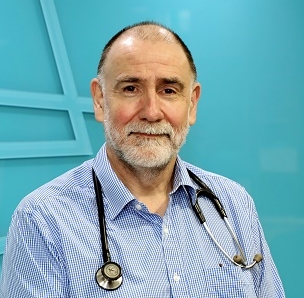
Dr Paul Duff
Treasurer
Dr Paul Duff is a general practitioner in Woy Woy, NSW. He is a foundation member of ASPAH and has been its Public Officer since its inception. He has had a lifelong involvement with the performing arts, from his membership of the Australian Boys Choir as a child and amateur choral performances as an adult through to his 20 year association with the Sydney Symphony Orchestra as its touring doctor from 1995 to 2015.
Executive Committee Members
Click on headshots to read bios
A/Prof. Bronwen Ackermann
Member
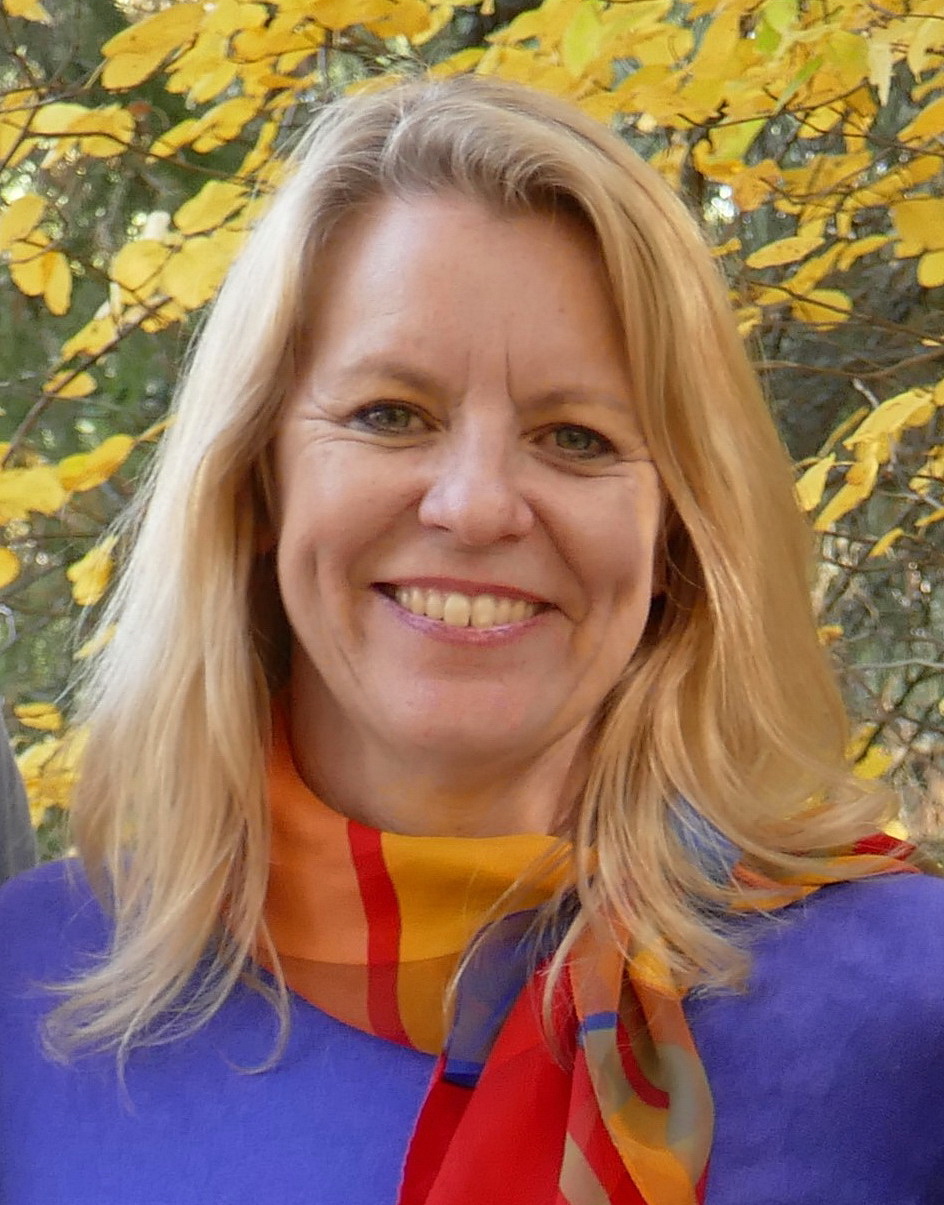
Julia Barry
Member
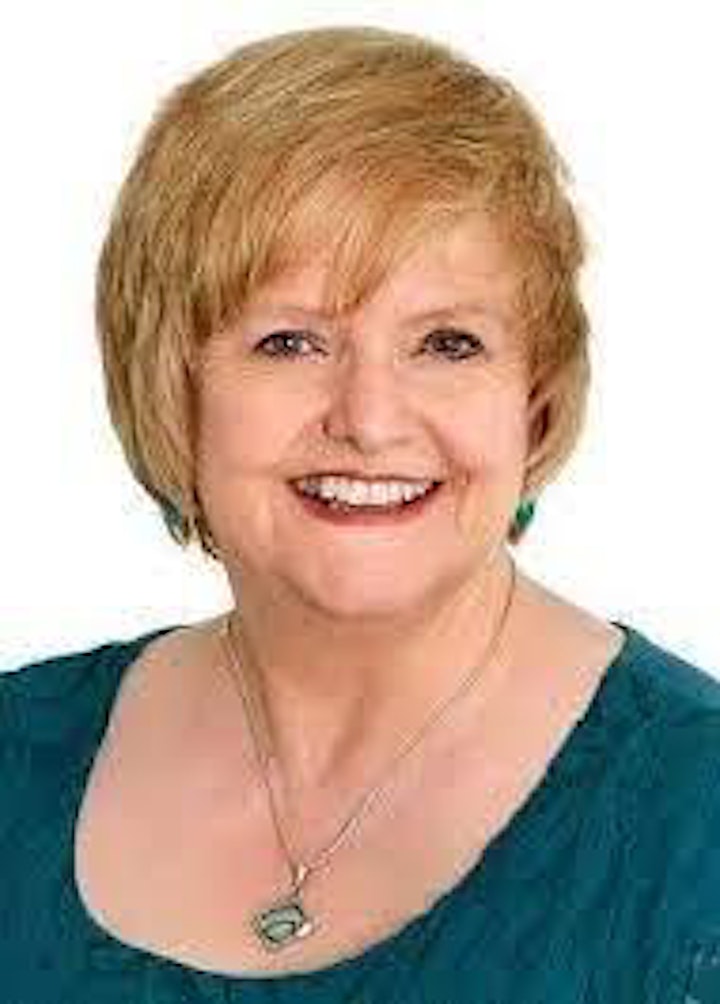
Haydee Ferguson
Member

A/Prof. Bronwen Ackermann
Member
Bronwen Ackermann is a specialist musicians’ physiotherapist and Associate Professor in the Faculty of Medicine and Health at the University of Sydney. She is a world leading expert in injury prevention and management as well as performance optimisation in musicians through the application of cutting-edge research and one of the key figures in musicians’ health research and clinical practice internationally. She has published over 70 peer-reviewed articles on musicians’ health and was the Editor-in-Chief of Medical Problems of Performing Artists from 2016-2021. She has held prestigious grants, including the ARC-funded $2 million Sound Practice Project, studying the health of Australia’s orchestral musicians (2009-2015), and $220K from the Australian Office of Learning and Teaching for the Sound Performers musicians’ health education curriculum (www.soundperformers.com), and is a past Churchill and Humboldt Fellow. She collaborates internationally on best-practice management of musicians’ injuries, including her recent work with Professor Eckart Altenmüller on new approaches to retraining treatments for musicians’ dystonia. She is also involved musicians’ health literacy research, drawing on her three decades of experience, and has been working over the last decade in improving performing arts health literacy for health professionals. She developed and led the Musicians’ Health and Performance Wellbeing Program at the Australian National Academy of Music from 2013 – 2019 and developed the highly successful Essentials of Performing Arts Medicine training program for the American College of Sports Medicine. She collaborates internationally with music and health professionals and organisations on specific health initiatives to better research, prevent and manage performance related health issues in musicians.
Julia Barry
Member
Julia is a graduate of the Royal Ballet School Teachers’ Training Course Diploma in Ballet Teaching and has a 45-year dance teaching career encompassing running her own large dance school and youth performance company and freelance dance teaching and choreographing at private studios, full-time vocational courses and university dance performance and teacher training programmes. Julia was also Chair for three years of the Industry Advisory Committee for Auckland University of Technology’s BDance programme and has experience as a contributor to dance magazine articles and as a dance performance reviewer.
In 2021 Julia completed a Master of Philosophy at Queensland University of Technology (QUT) researching adolescent dancer wellness in elite pre-professional dance schools and private dance studios. Julia also has a Master of Creative Industries (Dance Teaching) from QUT (2008) and a Postgraduate Certificate in Higher Education (Teaching and Learning) from Macquarie University (2013).
Julia is a Life Member, Registered Teacher and Examiner for the Royal Academy of Dance (RAD) and holds the Academy’s Advanced Teaching Diploma. She is also a Practical Teaching Supervisor and Tutor for the RAD Faculty of Education programmes. Julia has presented regarding her research and teaching strategies at three RAD Conferences in Australia and at the International Association for Dance Medicine and Science (IADMS) Sydney Regional Meeting. Julia also has teaching qualifications in Benesh Movement Notation, Pilates Matwork and ISTD Imperial Ballet, Cecchetti Ballet, Modern Theatre and National Character Dance.
Haydee Ferguson
Member
Haydee is a physiotherapist with over 12 years experience working with dancers and performers. She has worked with many touring shows including Cedar Lake Ballet and Contemporary Company, Gravity and Other Myths circus troupe, Melbourne Theatre Company, the casts of West Side Story, Chicago, Harry Potter and the Cursed Child and with independent artists from around the world. Haydee’s passion lies in working with adolescent dancers as they work through some of the biggest transitions in both their dancing and their health.
Haydee has completed a Bachelor of Physiotherapy (University of South Australia), a Graduate Certificate in Health Research (University of South Australia) and a Bachelor of Exercise and Sports Science, Honours (Deakin University). Haydee is currently a PhD candidate at Deakin University where she is investigating the biomechanics of pointe work and the process of transitioning en pointe.
Amelia Jones
Member
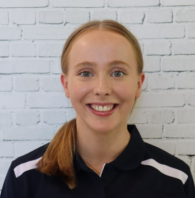
Amelia Jones
Member
Amelia graduated from Australian Catholic University with a Bachelor of Physiotherapy. She is currently working in a private musculoskeletal physiotherapy clinic in Brisbane where she conducts tertiary dance assessments, pre-pointe assessments and artistic pilates classes. Amelia has a passion for the performing arts based on her extensive past experiences as a performer. Growing up, Amelia participated in ballet, sport aerobics, jazz, contemporary and lyrical. She has since taught ballet following the RAD syllabus and coached athletes to win sport aerobics national championship titles. Amelia has a passion for treating performing artists. She believes in treating people holistically to ensure that all performing artists, can continue to thrive on stage.
Grace Marshall
Member

Grace Marshall
Member
Grace is currently completing her final year of Physiotherapy at Griffith University. Her academic journey has been marked by a passion for understanding the intricacies of human movement in order to promote optimal health. Growing up as a part of the dance community and performing nationally for audiences as a classical guitarist in the Aurora Guitar Ensemble, Grace is now focused on developing her skills as a physiotherapist to support the well-being of circus artists and others involved in the performing arts. Grace’s favourite way to de-stress is taking an aerial class with her local circus company.
A/Prof. Suzanne Wijsman
Member
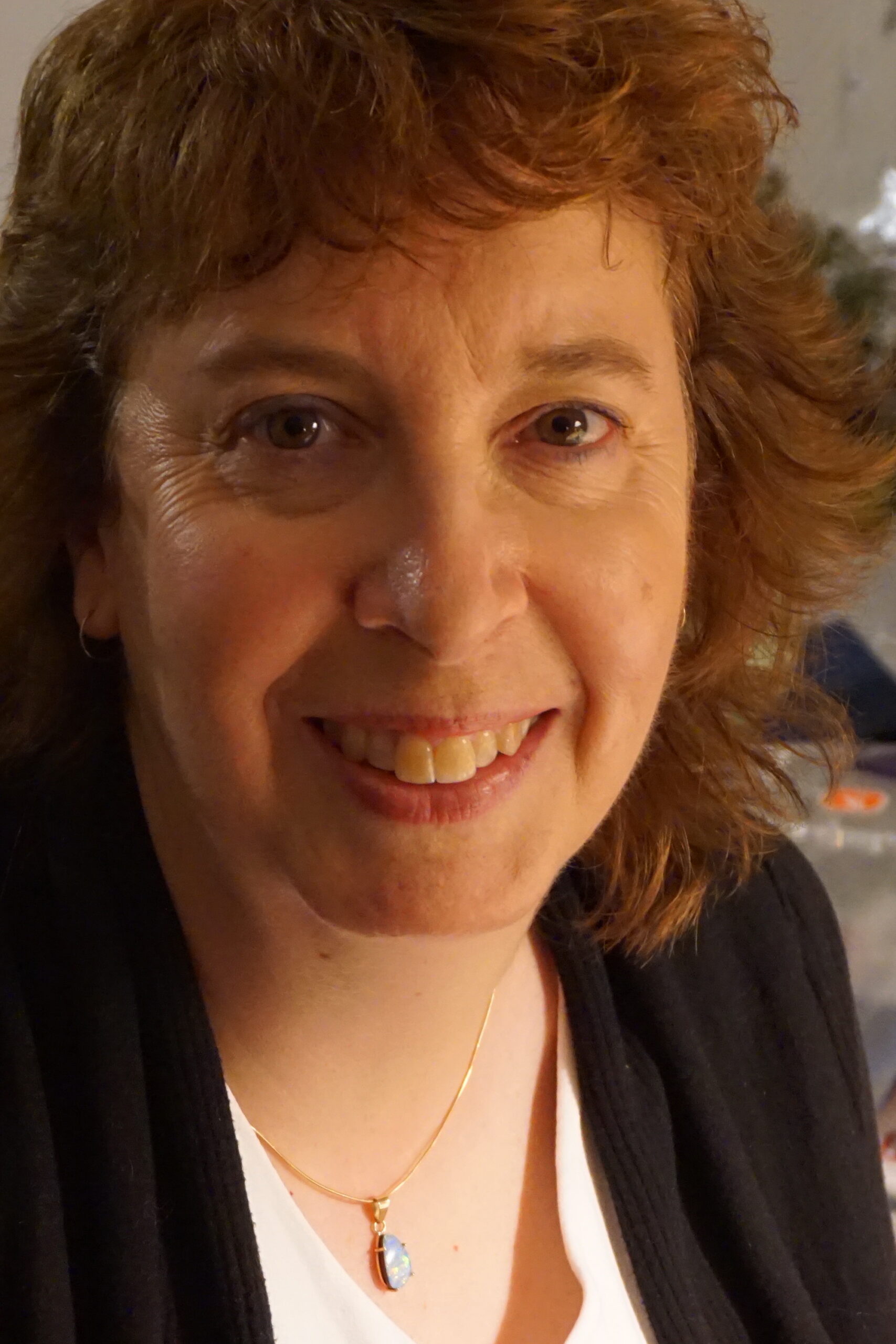
A/Prof. Suzanne Wijsman
Member
Suzanne Wijsman, DMA, is Associate Professor in the Conservatorium of Music at the University of Western Australia. The recipient of a Fulbright Award for study in the UK and many awards, as a cellist Suzanne has performed extensively in the USA, Australia and Europe. In the USA, she was a member of the prize-winning Augustine String Quartet. After moving to Australia, Suzanne performed with the acclaimed Stirling String Quartet, touring in Australia and internationally. In the arena of historical performance, she recorded an acclaimed series of five CDs for ABC Classics, The Perfection of Music: Masterpieces of the French Baroque, called “a landmark in the Australian performance of baroque music” (Sydney Morning Herald). In 2014 she premiered Peter Sculthorpe’s last work, Lament, as cello soloist at the University of Western Australia. A highly respected pedagogue, cello students of Suzanne Wijsman have pursued high-profile post-graduate destinations and performance or teaching careers in Australia, Europe, the UK and North America.
Suzanne is a leading researcher in musicians’ health in Australia. She led an interdisciplinary team in The Biomechanics of Cello Bowing (UWA Research Grant, 2004), investigating how cellists’ bowing movements relate to injury risks. From 2009-2012 with Bronwen Ackermann, she led the Musicians’ Health National Curriculum Initiative (MHNCI) to develop online performance health education for musicians, resulting in Sound Performers (sound performers.com), supported by an Australian Office of Learning and Teaching (OLT) Priority Projects grant ($220,000).
Suzanne has also led or been a Chief Investigator for several international collaborative projects focused on health education for musicians: Musicians’ Performance Health Education: A Translational Approach (UWA Research Collaboration Award, 2017); Sound Performers Canada (led by Christine Guptill, University of Ottawa, SSHRC grant, Canada, 2018-2021). Suzanne is Academic Lead for Health Literacy and Health Education Mobility for Musicians: a global approach, which formed the Musicians Health Literacy Consortium in 2018 (Worldwide Universities Network Research Development Fund, 2018-2021). She is a Co-Investigator for Health promotion in post-secondary music education: An institutional ethnography (led by Christine Guptill, University of Ottawa, SSHRC grant, Canada, 2021-2024). With Bronwen Ackermann, she is currently leading the project Training Sound Performers, funded by the Australia Council (2022-2024), to develop new health education resources for music educators.
Grace Williams
Member

Grace Williams
Member
Grace graduated with a Bachelor of Physiotherapy (Honours) from the University of Queensland in 2015. Following her passion of working with performers, Grace travelled overseas to the United Kingdom where she worked as the touring Physiotherapist for various musical theatre productions. She now has experience working as the Physiotherapist for musical theatre companies in Australia and in London’s West End, professional ballet companies, contemporary companies, as well as in film productions at Pinewood Studios, England. She is the current Physiotherapist for Australasian Dance Collective and works as the Physiotherapist for Queensland Ballet Academy. She is the Founder and Director of Encore Performance Health, a Physiotherapy service treating and educating performers to help keep them on stage.
Further training has also enabled Grace to work in the specialised area of vocal physiotherapy. She understands the importance of the mechanics of the voice and neck in musical theatre performers, singers, public speakers and musicians. Grace is a qualified pilates instructor in both matwork and equipment, attaining her certification through the Pilates Institute of Queensland and completed extra training in this area for dancers.
Grace herself trained in many styles of dance including ballet, jazz, contemporary, tap, aerial and pole dance. She completed exams in the RAD ballet syllabus up to Advanced 2 and holds a CSTD Jazz Teacher certificate. This background, alongside experience treating professional performers, enables her to have a good understanding of the demands of an artist and what is required of them to achieve at their optimal level. Her approach to treatment is holistic incorporating education, manual therapy, dry needling, exercise prescription and clinical pilates.
WHY WE ARE HERE
“The vitality of the arts and culture of any society is threatened by those forces that disable its artists.”
Tom Hall, 1987 (letter written to the Medical Journal of Australia)
![]() The performing arts are a key part of the cultural, financial and day-to-day life of Australia and Australians.
The performing arts are a key part of the cultural, financial and day-to-day life of Australia and Australians.
![]() “Making a living” remains challenging for many performing arts organisations and most performing artists.
“Making a living” remains challenging for many performing arts organisations and most performing artists.
![]() These challenges and pressures can leave little room for health and wellbeing in the day-to-day life of performing artists.
These challenges and pressures can leave little room for health and wellbeing in the day-to-day life of performing artists.
![]() The healthcare system in Australia remains largely ignorant of the unique health needs of these performers.
The healthcare system in Australia remains largely ignorant of the unique health needs of these performers.
In its broadest sense, then, ASPAH’s aim is to change this culture so that the health and wellbeing of performing artists is treated with the same importance as their craft; not just for the sake of the artists themselves but also for the richness their “health supported” performances bring to us all.
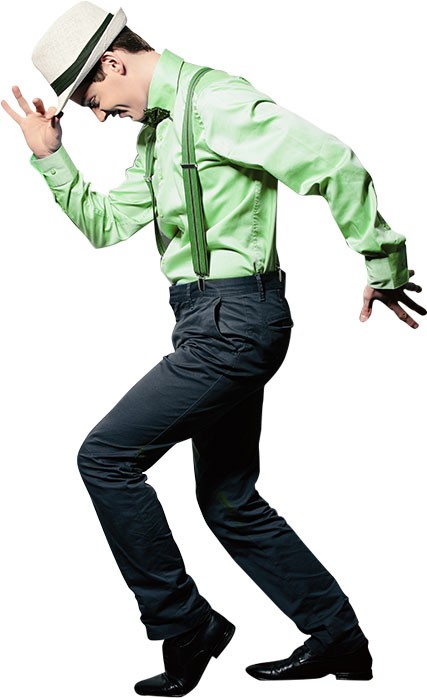
ASPAH’S MISSION AND VALUES
Our Mission Statement
ASPAH recognises that all performing artists, young and old, amateur and professional, have unique needs that may not be met by standard models of healthcare.
Therefore it promotes:
![]() Accessible high-quality holistic healthcare for all performing artists;
Accessible high-quality holistic healthcare for all performing artists;
![]() Education for health workers, teachers, performers and students to improve health and wellbeing;
Education for health workers, teachers, performers and students to improve health and wellbeing;
![]() Research across disciplines relevant to the health and wellbeing of performing artists;
Research across disciplines relevant to the health and wellbeing of performing artists;
![]() A culture of lifelong preventative healthcare and safety practices for performing artists and performing arts institutions;
A culture of lifelong preventative healthcare and safety practices for performing artists and performing arts institutions;
![]() Multidisciplinary discourse among health professionals, educators and performing artists;
Multidisciplinary discourse among health professionals, educators and performing artists;
![]() Increased community awareness of performing arts healthcare issues.
Increased community awareness of performing arts healthcare issues.
Our Vision Statement
ASPAH is the peak body in Australia advocating for optimal health and wellbeing in the performing arts
Including:
![]() Instrumentalists and vocalists from all musical styles and traditions
Instrumentalists and vocalists from all musical styles and traditions
![]() Dancers: Ballet, contemporary, commercial, musical theatre and independent artists
Dancers: Ballet, contemporary, commercial, musical theatre and independent artists
![]() Actors: Stage, television and film
Actors: Stage, television and film
![]() Circus and physical theatre performers
Circus and physical theatre performers
![]() Technical crews
Technical crews
ASPAH’S DIVERSITY, EQUITY, AND INCLUSION POLICY
Definition of Diversity, Equity, and Inclusion:
Diversity, equity, and inclusion refers to organisational frameworks that seek to promote “the fair treatment and full participation of all people”, particularly groups “who have historically been underrepresented or subject to discrimination” on the basis of identity or disability.
At ASPAH (Australian Society for Performing Arts Healthcare), a diverse, inclusive, and equitable workplace is one where all employees and volunteers, whatever their gender, race, ethnicity, national origin, age, sexual orientation or identity, education or disability, feels valued and respected. We are committed to a nondiscriminatory approach and provide equal opportunity for employment and advancement in all of our departments, programs, and worksites. We respect and value diverse life experiences and heritages and ensure that all voices are valued and heard.
We are committed to modelling diversity and inclusion for the entire arts industry of the nonprofit sector, and to maintaining an inclusive environment with equitable treatment for all.
To provide informed, authentic leadership for cultural equity, ASPAH strives to:
- See diversity, inclusion, and equity as connected to our mission and critical to ensure the well-being of our staff and the arts communities we serve.
- Acknowledge and dismantle any inequities within our policies, systems, programs, and services, and continually update and report organisation progress.
- Explore potential underlying, unquestioned assumptions that interfere with inclusiveness.
- Advocate for and support board-level thinking about how systemic inequities impact our organisation’s work, and how best to address that in a way that is consistent with our mission.
- Help to challenge assumptions about what it takes to be a strong leader at our organisation, and who is well-positioned to provide leadership.
- Practice and encourage transparent communication in all interactions.
- Commit time and resources to expand more diverse leadership within our board, staff, committee, and advisory bodies.
- Lead with respect and tolerance. We expect all employees to embrace this notion and to express it in workplace interactions and through everyday practices.
ASPAH abides by the following action items to help promote diversity and inclusion in our workplace:
- Pursue cultural competency throughout our organisation by creating substantive learning opportunities and formal, transparent policies.
- Generate and aggregate quantitative and qualitative research related to equity to make incremental, measurable progress toward the visibility of our diversity, inclusion, and equity efforts. Once the content is curated it will be added to our website so others can access.
- Improve our cultural leadership pipeline by creating and supporting programs and policies that foster leadership that reflects the diversity of Australian society.
- Pool resources and expand offerings for underrepresented constituents by connecting with other arts organisations committed to diversity and inclusion efforts.
- Develop and present sessions on diversity, inclusion, and equity to provide information and resources internally, and to members, the community, and the arts industry.
- Develop a system for being more intentional and conscious of bias during the hiring, promoting, or evaluating process. Train all committee members on equitable practices.
- Include a salary range with all public job descriptions.
- Advocate for public and private-sector policy that promotes diversity, inclusion, and equity. Challenge systems and policies that create inequity, oppression and disparity.
PARTNERS / SPONSORS
Following are links to associated websites, including organisations that support the work of ASPAH, performing arts medicine organisations around the world, and performing arts medicine journals. These external links will help you find more information and resources on performing arts health issues.
Please Contact Us to report broken links.
Sponsors
ASPAH would particularly like to thank the following organisations for their support:
Partners
ASPAH collaborates with or is supported by the following organisations:
Performing Arts Medicine Organisations
Journals
Related Websites
